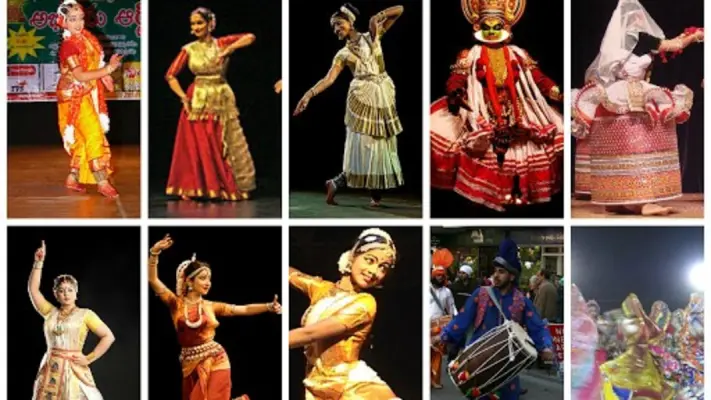Traditional Storytelling and Literature: Preserving Culture Through Narratives
Introduction: Traditional storytelling and literature have been a fundamental part of human civilization for centuries, serving as a means to pass down cultural heritage, moral values, and historical knowledge. Through the art of oral and written narratives, communities have preserved their traditions, entertained generations, and fostered a sense of identity. In this article, we explore the significance of traditional storytelling and literature, highlighting its role in connecting generations, preserving cultural heritage, and inspiring imagination.
I. Connecting Generations: The Power of Oral Traditions Storytelling has long been an integral part of oral traditions, enabling the transmission of cultural knowledge from one generation to another. Passed down through families and communities, these narratives foster a sense of belonging and continuity. Elder storytellers, with their vast reservoirs of wisdom and experiences, captivate their listeners, who in turn pass on these stories to the next generation. The power of oral traditions lies in their ability to create a direct and intimate connection between the teller and the listener, bridging the gap between past and present.
II. Cultural Heritage: Preserving Identity Through Folklore Traditional literature and storytelling are custodians of cultural heritage. Folklore, myths, and legends provide insights into the values, customs, and beliefs of a community. These narratives serve as a window into the collective identity of a people, offering a glimpse into their history, spirituality, and worldview. By preserving and sharing these stories, communities safeguard their cultural heritage, ensuring that future generations remain connected to their roots. Traditional literature acts as a cultural archive, preserving invaluable knowledge that would otherwise be lost to time.
III. Moral Education: Life Lessons Through Fables and Parables Throughout history, storytelling has been employed as a powerful tool for moral education. Fables, parables, and allegories serve as vehicles for teaching important life lessons and imparting ethical values. These tales, often featuring anthropomorphic characters, address universal themes such as honesty, compassion, and the consequences of one’s actions. Through engaging narratives, traditional literature helps instill moral values in listeners, enabling them to navigate the complexities of life and make informed decisions.
IV. Inspiring Imagination: Opening the Doors to Creativity Traditional storytelling sparks imagination and creativity in both young and old. These tales transport listeners to fantastical worlds filled with magical creatures, brave heroes, and epic adventures. Children, in particular, benefit from the imaginative landscapes presented in traditional literature. By exploring these narratives, they develop a sense of wonder, creativity, and empathy. Traditional storytelling provides a foundation for future literary exploration, fostering a love for literature that extends beyond cultural boundaries.
V. Adapting to the Modern Era: The Written Tradition While oral storytelling remains a vital part of many cultures, the advent of written literature has allowed traditional narratives to be recorded and preserved in a different form. The transition from oral to written traditions has brought both advantages and challenges. Written literature allows for wider dissemination, reaching audiences far beyond the immediate community. Additionally, it enables the preservation of stories in their original form, reducing the risk of alteration over time. However, the loss of oral transmission can diminish the interactive and dynamic nature of storytelling, as the direct connection between storyteller and listener is lost.
Conclusion: Traditional storytelling and literature hold a unique place in human history and culture. From the power of oral traditions to the preservation of cultural heritage, these narratives enrich our lives, connect generations, and inspire our imagination. As we navigate the modern era, it is essential to recognize the value of traditional storytelling and literature and strive to ensure their preservation. By doing so, we honor our past, strengthen our present, and provide a legacy for future generations to cherish and learn from.
![]()





